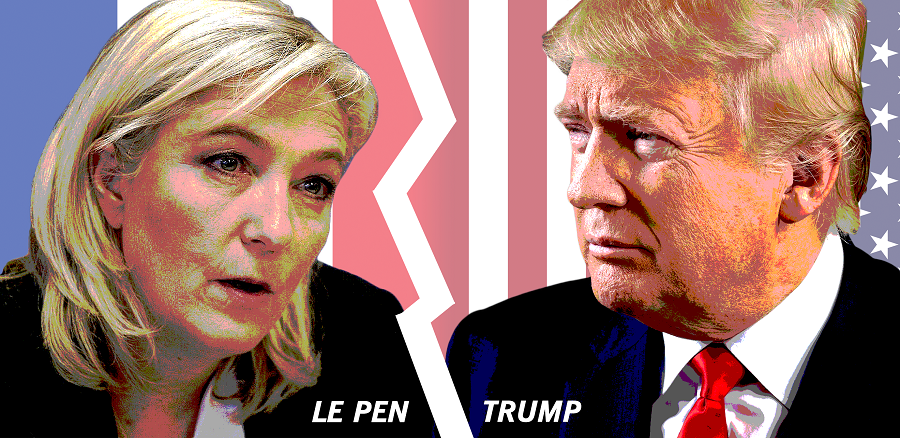“Notes On Nationalism”
May 16, 2017
In modern times, it divides millions. At the end of the First World War, it downed the Ottoman Empire. One might ask the identity of this perpetuator.
Nationalism is defined by the Oxford Dictionary of English as “patriotic feeling, principles, or efforts”, attached to a secondary, perhaps more contemporary bullet point stating “an extreme form of this, especially marked by a feeling of superiority over other countries.”
Jennifer Byrne, educator of sophomore class Modern World History, commented, “It’s a very unpredictable force; it can be very dangerous, it often results in violence towards minorities.”
There’s not too much trouble in the act of taking care of a nation – the same is true in the case of oneself. However, blatant disregard for others is inexcusable.
Byrne additionally stated, “There was the rise of Marine Le Pen in France, who ran on a very anti-immigrant platform, wanted to close France’s border. Of course she didn’t win, but she was a major candidate but it is a large movement in France. I’d say it’s less of a problem here and yet it does still exist. There are a lot of people in support of limiting our immigration to exclude people from certain parts of the world out of fear.”
This becomes truer as time goes on, where, from a worldly perspective, more connections are made every day.
Although both celebrate identity, patriotism differs from nationalism in several crucial ways. A patriot celebrates one’s formal ties to a country or province. Those who engage nationalistic ties take it a step further — by ignoring the world. Don’t confuse these terms for one another.
When asked where patriotism stops and nationalism begins, Tiffany Malagari, history teacher, stated:
“It can cross a line when you start to target specific groups when you don’t take into consideration how others will be affected by it.”
She added: “I think social media has a lot to do with it. I think social media has a got to do with how people perceive what nationalism truly is. But I think often times because social media doesn’t always have a face, that people feel very comfortable expressing their beliefs and their opinions without considering other people which often leads others to interpret it to be a superiority complex.”
In order for one to participate in a modern, progressing society, the people must notice the greater good — a collectiveness is stronger.
A celebration of culture alongside a way of life may inspire many to hoot and holler and yet unknowingly turn our backs, but what do our closest allies — France, Britain and Germany — think?
‘America First’ may actually end up meaning, in a long view, ’America Last’.





























